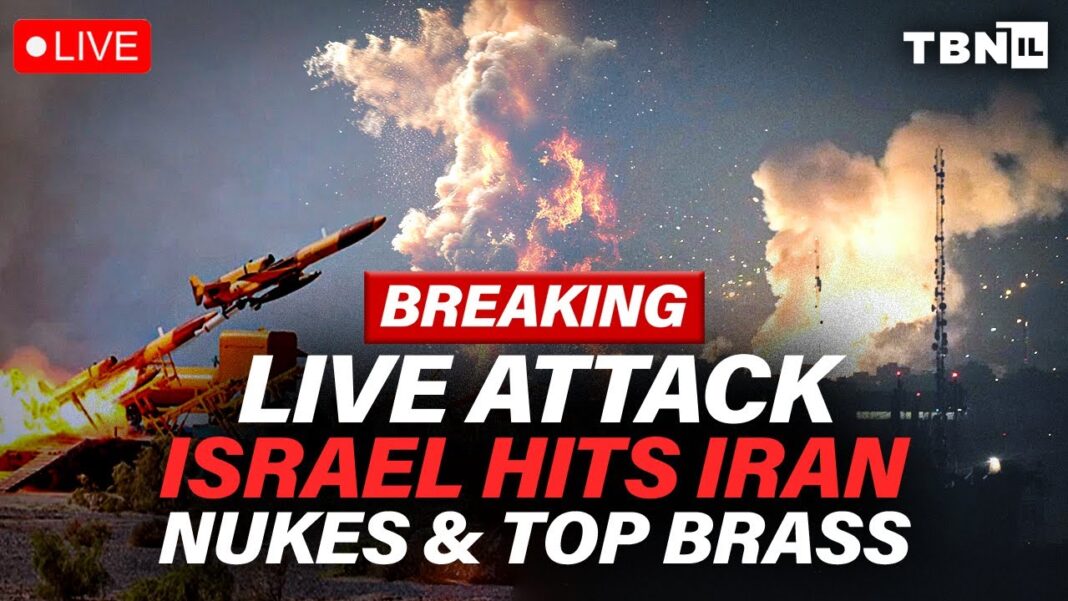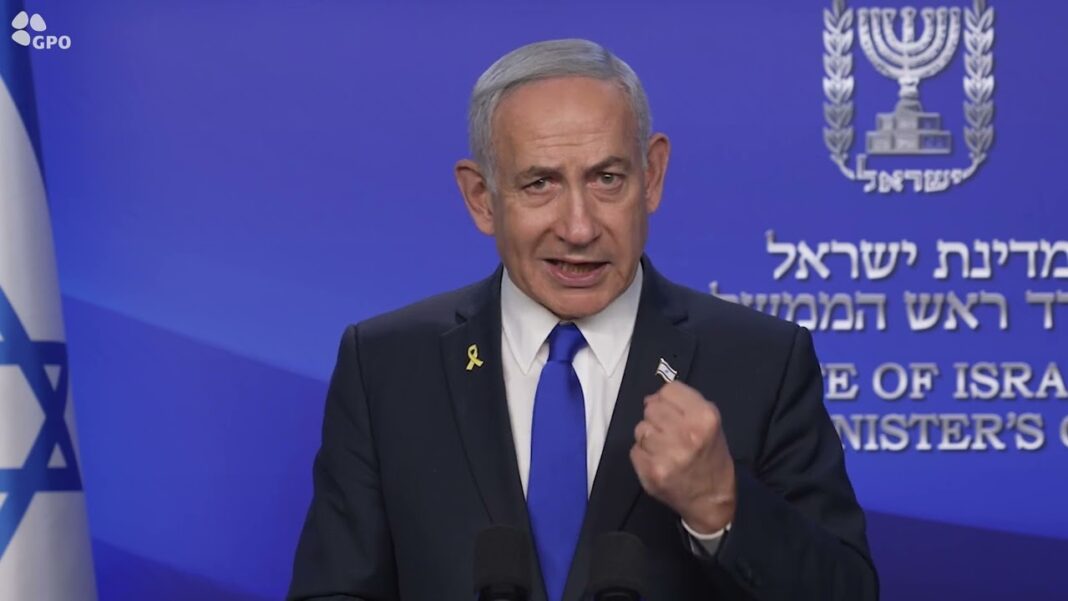Major Generals Hossein Salami, Mohammad Hossein Bagheri, and Gholam Ali Rashid were the Iranian armed forces’ top three generals. Iran has vowed to avenge them.
WASHINGTON—Recent airstrikes by the State of Israel against the Islamic Republic of Iran have eliminated the country’s top three military leaders, key architects of Iran’s alleged proxy warfare programs and efforts to construct a nuclear weapon that threatened Israel.
The strikes, conducted on the night of June 12 and 13, targeted Iranian facilities alleged to be producing nuclear weapons and ballistic missiles, as well as top Iranian scientific and military personnel, according to a video message from Israeli Prime Minister Benjamin Netanyahu, posted on social media.
Later, the Israel Defense Forces (IDF) issued a statement confirming that it had killed three high-ranking Iranian military commanders and identifying them by their titles.
“These are three ruthless mass murderers with international blood on their hands. The world is a better place without them,” the IDF wrote in its announcement of the deaths.
Iran’s Supreme Leader Ali Khamenei confirmed the deaths on social media and vowed to retaliate.
“The Iranian nation won’t permit the blood of its valued martyrs to go unavenged, nor will it ignore the violation of its airspace,” wrote Khamenei, who has been Iran’s supreme leader—its highest political and religious authority—since 1989. As supreme leader, Khamenei outranks Iran’s President Masoud Pezeshkian.
The assassinations of the Iranian leaders make them the highest-ranking Iranian officials killed by Israel to date. The United States assassinated Lt. Gen. Qasem Soleimani in 2020.
Below, we explain the likely reasons for Israel’s decision to target them.
Hossein Salami
Maj. Gen. Hossein Salami was the commander-in-chief of the Islamic Revolutionary Guard Corps (IRGC), the primary service branch of Iran’s military. The office made Salami one of Iran’s principal military and political leaders.
Unlike traditional military branches, the IRGC is responsible for both external security and protecting Iran’s Islamic Revolutionary government, from both internal dissent and military coups by its regular armed forces.
The IRGC operates its own air force and navy, the Quds special operations forces unit (also known as the “Jerusalem Force” and once headed by Soleimani), as well as a military reserve unit known as the Basij.
By Arjun Singh







